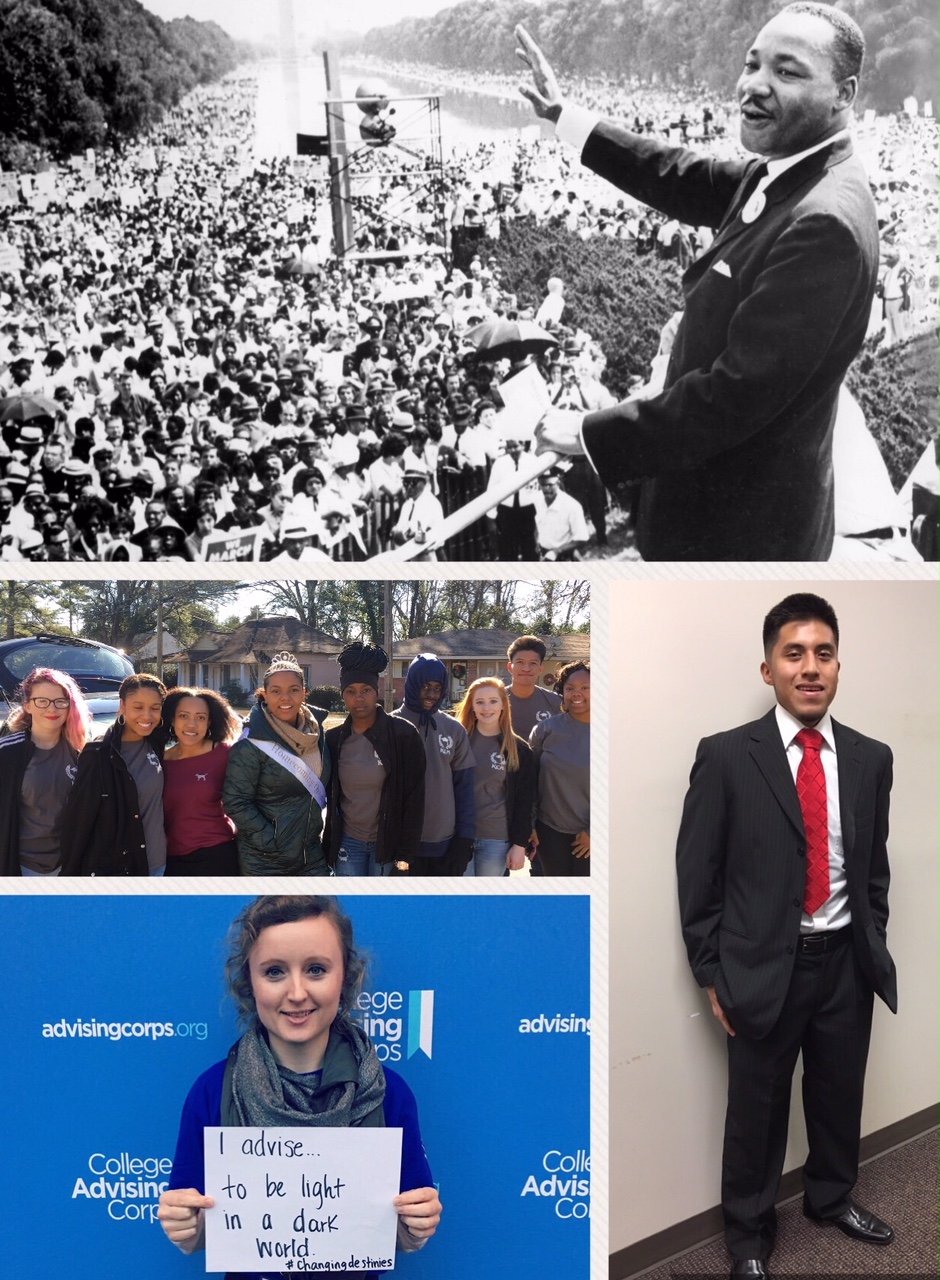Parents are the Biggest Factor…
By Ashley Morris, College Adviser at Ayden-Grifton High School | October 26, 2016
What does education, determination, and parents have in common? You need all three to succeed in college. Students often neglect the role that their parents will play in their post-secondary journey. Many of them believe that once they pack their bags and go to college they will have automatically perfected the Art of “Adulting”. Negative. The Campus ESP report titled, “Meet the New Digital Parent in Higher Education,” supports other studies which suggest that parental involvement is changing. According to this report, parents are “more involved, more connected, and have higher expectations than ever”. Parents are the biggest factor decision-making process for college. It is vital for students to understand and appreciate the importance of parental support and guidance throughout their academic career. While each student’s parental or guardian involvement may be different, every student deserves an academic advocate. It is crucial that counselors, teachers, and advisers know who these people are and why it is important to interact with them.
I recently hosted an FAFSA Night at Ayden-Grifton High School. Initially, I was concerned to be a part of this project because only eleven people attended this event last year. In a school with little-to-no parent involvement, even eleven people were considered a huge turnout. From then I made it my mission to focus on ways to enhance parent attendance at my school. So I took it upon myself to take a different approach to planning this year. So here are some tips to boost parental involvement at your school:
- Know your vision. Realizing what you want people to take away from your event is crucial. This is the foundation of your planning which will ultimately translate into your message. Allow yourself to see the outcome of the event from beginning to end. Making the event worthwhile will set the basis on your future turnouts.
- Plan accordingly. Overplan if you have to. Plan for any and every possible outcome. Find people who can help you with your event and delegate tasks.
- Knowing the demographics and norms of your school and community is key. This is important because if you’re anything like me you blindly believe that the entire school will attend anything you host. Negative. It is important to know what the parent involvement culture is before planning any event. This will help you learn what has and has not worked in the past and what parents and students respond to the most.
- Proper advertisement. Sometimes getting the word out to my students just isn’t enough. I had to take it a step further make sure that my parents were informed. So I made flyers that were visible on the entrances of the school, had the event posted on our school website, and made an “ALL-CALL” to the entire school and parent population.
- Timing is vital. I owe most of my success to partnering with an event that was already planned to take place at the school that night. While it sounds hectic in all actuality it was just the opposite. Do not reinvent the wheel! By collaborating with this event we reduced the potential for two separate chaotic events and gave people a chance to be informed on several things happening schoolwide and as well as FAFSA. Also, this was a perfect time of the year for the information to be offered. Parents and students are now well aware of the FAFSA process before they even started their college applications.
- Offer incentives. This tactic is a benefit to both you and your students. I collaborated with teachers on this project. Some teachers allowed students to substitute a homework grade for attendance while others simply made it an extra credit assignment.
- Offer supplemental materials. Make sure that you have information that you attendees can take home and refer to. Not only does this reinforce what was just learned it also serves as a helpful tool in the future.
- Establish Partnerships. Find speakers who will appeal to your guests. Make sure your speakers are very informed of their topic and know of other available resources. Also, make sure they are relatable and approachable. Also, this is a perfect time to ask your staff and faculty for help. Inform them of your vision and see if they have any extra advice or time to dedicate to your cause. Many of the staff members may be well acquainted with the attendees and can help you interact with those families as well.
- Offer alternatives for everyone. Inclusion is a critical part of parent involvement. I made sure that immigrant families had a representative that they could speak with too. This is necessary because underrepresented populations usually go neglected when it comes to school functions. By simply including them in the event it created an atmosphere of equality and unity.
- Network! Besides offering information your event should be used as a segway into networking with parents. This is a perfect time to inform parents of your expectations of them in the home and to see what they would like you to assist their student with during school. This ensures that the student is receiving support in more ways than one. Also, parents may be more inclined to attend another event and inform others if you make the experience seem as personal as possible.
By following these criteria I quadrupled our FAFSA night attendance! I also created a new culture around school-wide functions and parent involvement. We as advisers are the key to bridging the college and high school gap. It is our obligation to make sure that students and parents alike are well equipped to cross that bridge.
Share this post